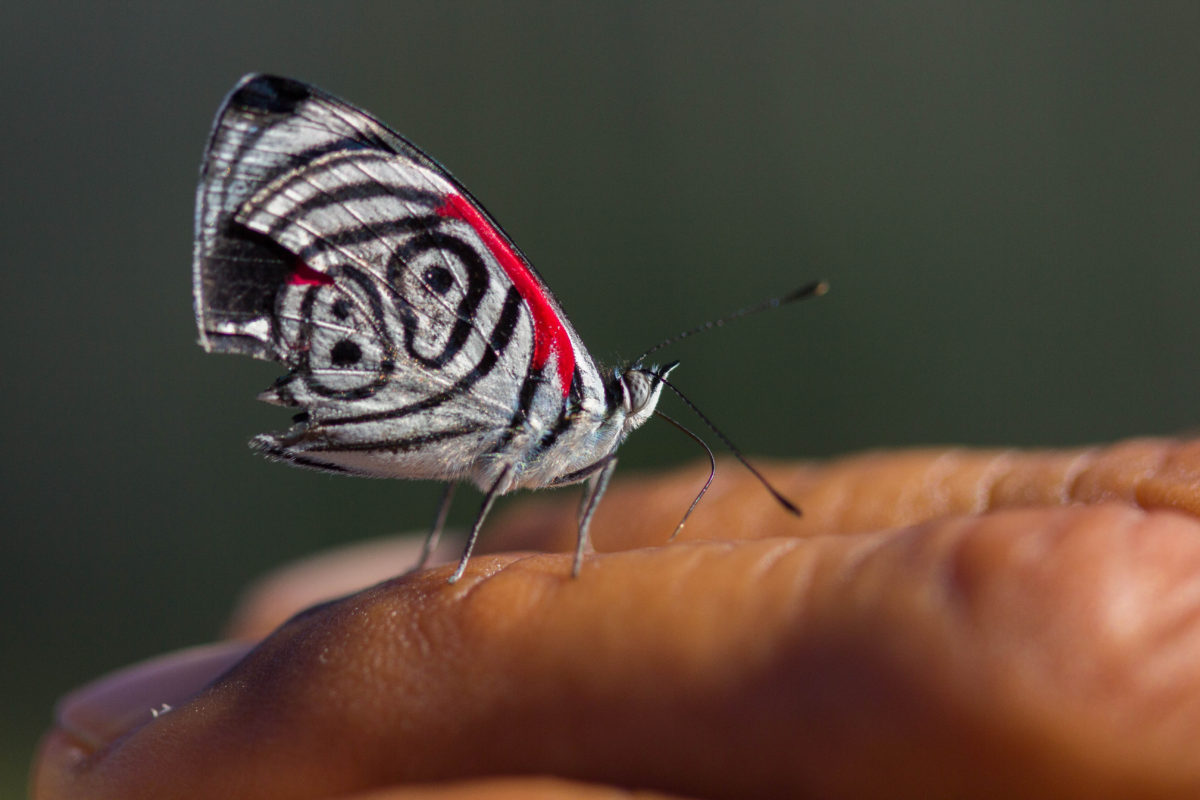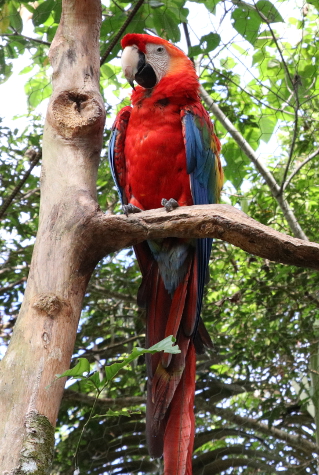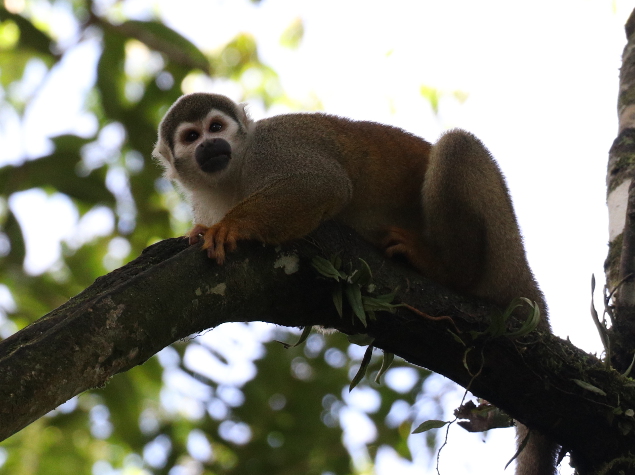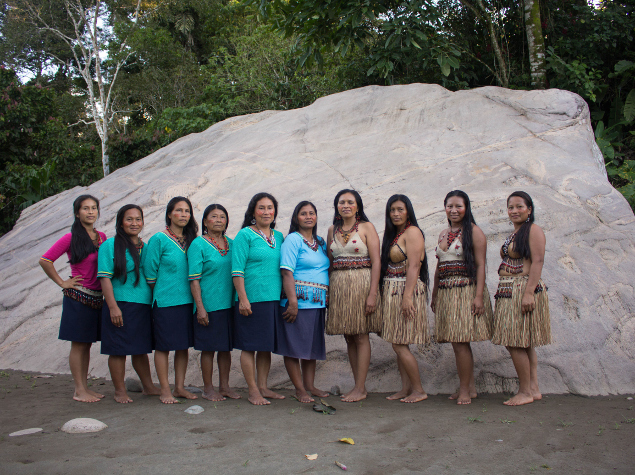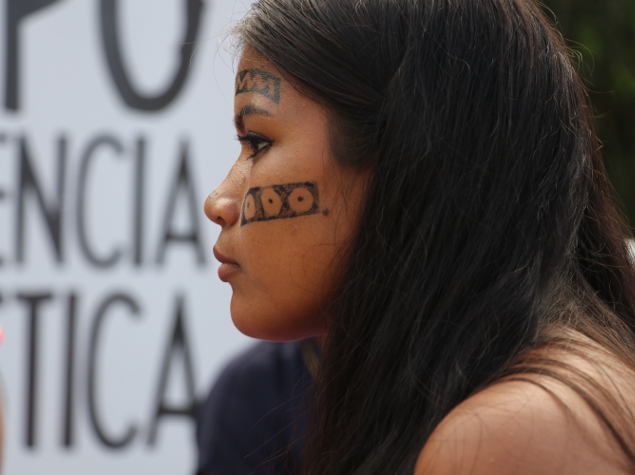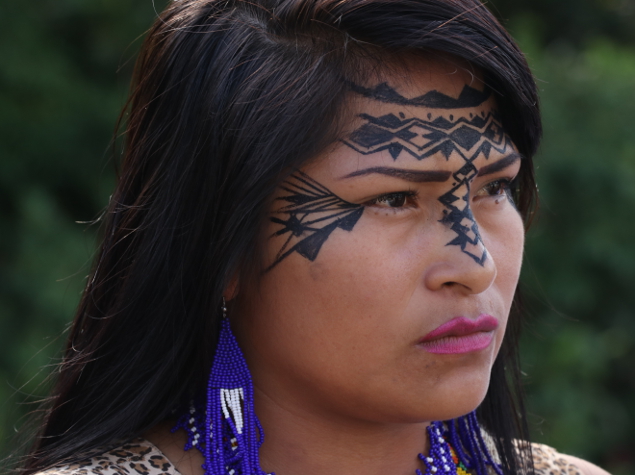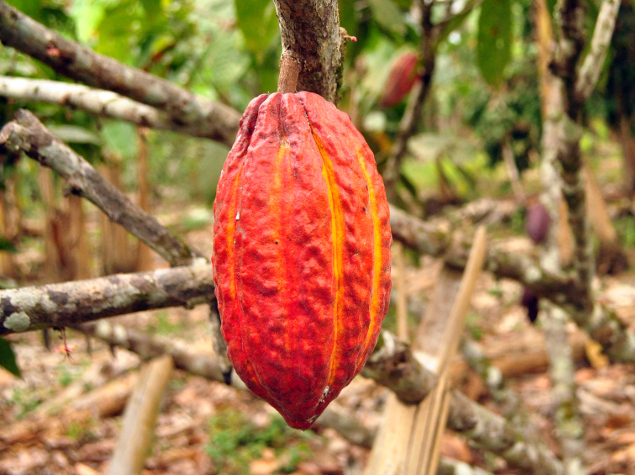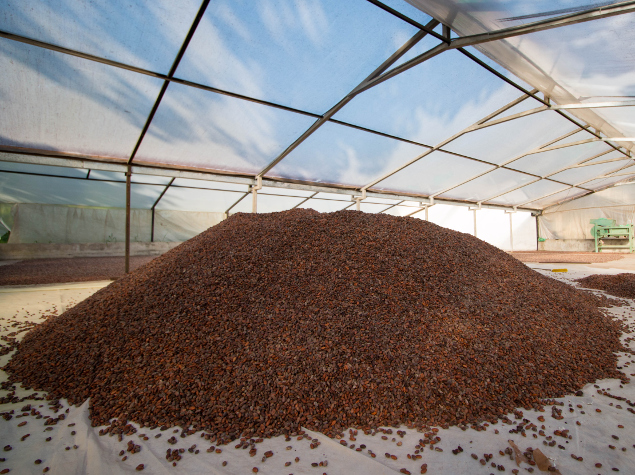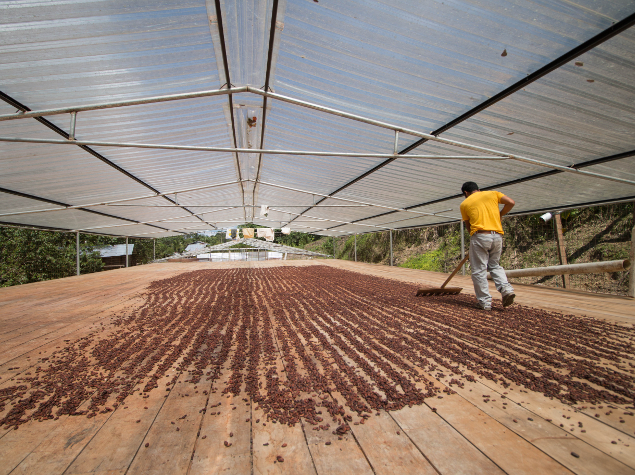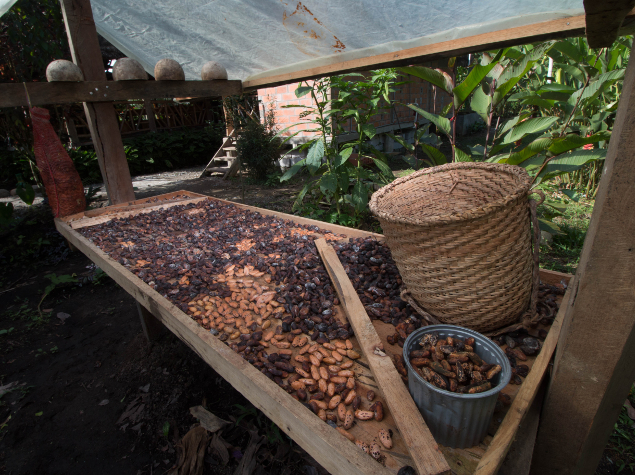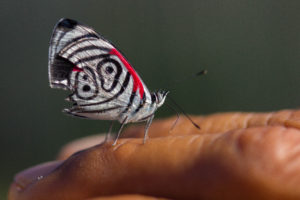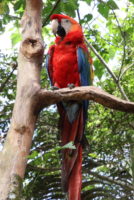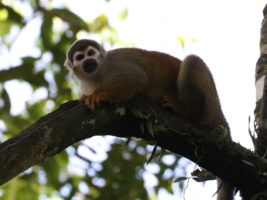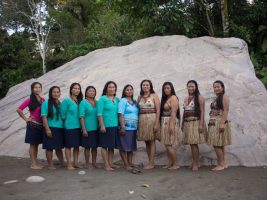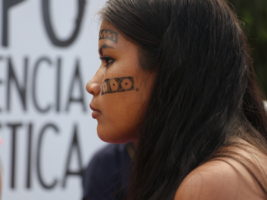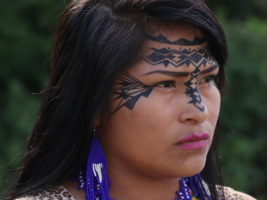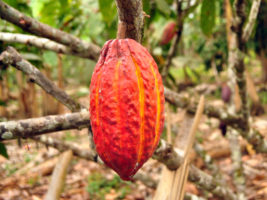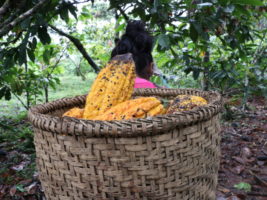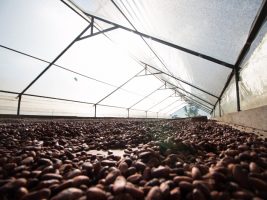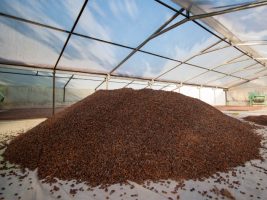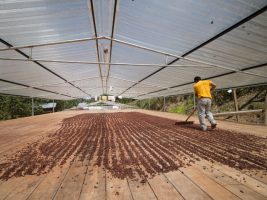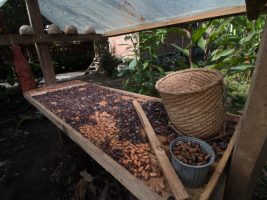Conservation of biodiversity, promotion of sustainable agriculture practices and ancestral knowledge in the Ecuadorian Amazon
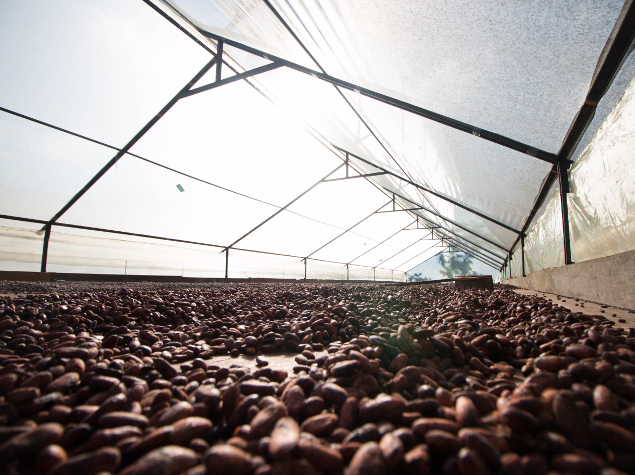
The Napo Province, located in the northwest of the Ecuadorian Amazon region, has high poverty rates with 77% of the population living in conditions of poverty and, among them, 43% living in extreme poverty. 66% of the inhabitants are living in rural areas and the population’s main economic activity is agriculture.
The Kichwa families, who represent 54% of the population of the Province, are mainly engaged in agriculture under the traditional production system called ‘chakra’. The main chakra products include cassava, bananas, cocoa, guayusa, chonta (palm) and fruit trees. Forest species and plants for medicinal or artisanal use are also cultivated. However many chakra products have no market connection and have been affected by monoculture which has led to an increase in planting areas, causing pressure on protected natural areas and forests such as the Sumaco Biosphere Reserve (located in the target area).
To address this situation, this project, managed by FECD, aims to preserve the Amazonian cultural and productive practices which are contributing to the food security, economic viability, conservation and sustainable use of biodiversity in the Kichwa communities of the Province. Among the activities planned, the project will:
- Promote the maintenance of traditional agroforestry systems (chakra) and forest plantations by supporting incentive policies and strategies to recover degraded or intervened areas;
- Strengthen market links for sustainable goods and services produced in the agricultural and tourist value chains related to chakras, as well as providing producers access to niche markets with premium prices that recognize the chakra ecosystem services;
- Strengthen capacities of community decision-makers to manage and administer natural resources;
- Promote intergenerational learning, conservation and reproduction of ancestral knowledge, to implement agro-ecological and tourism practices with a cultural focus;
- Improve the quality of agricultural and tourist community-sector products, services and sustainable processes to secure local or international certifications that position and differentiate them on the market;
- Recognize, demonstrate and value ecosystem services provided by the chakra system and quantify their contribution to maintaining/increasing priority ecosystem services (conserving the Kichwa culture, food security, resilience to climate change, climate regulation, scenic beauty, income generation);
- Promote the establishment and expansion of sustainable agricultural and tourism production systems that contribute to conservation and proper use of natural resources.
By the end of the project, it is expected, among other results, that at least 400 people will be strengthened on implementing good manufacturing, agricultural and tourism practices, using basic business tools and organizational management, with a cultural and gender approach and that at least 50 local entities will have obtained the quality certification standard for the Ancestral Cocoa Route seal (a trademark promoting high quality-services and products in the tourism sector).
The production of agro-ecological food under the chakra-Kichwa model, that embraces environmental, social and economic criteria related to gender equality, is also expected to be recognized through a Chakra seal. The cocoa planting areas are expected to increase by 20% under the traditional chakra system, conserving ecosystem services, food security and cultural values of the Amazonian Kichwa people. By the end of the project, 3 agro-forestry nurseries will also be set up to provide seeds native to the Napo Province and at least 100 ha will be reforested through local incentive models.
Final report summary (December 2021):
Cacao planting areas increased under traditional chakra system by 408 ha (222 new ha were planted and 186 ha have changed canopy), conserving ecosystem services, food security and cultural values of the Amazonian Kichwa people. The project prioritized 600 women involved in agricultural production and tourism.
1 365 cacao growers, including from the Kallari, Wiñak, and Tsatsayaku Associations, increased their selling price by 14%, starting in 2019, for the certified organic cacao. These 3 associations have concluded 34 permanent trading agreements for the local and international markets, and formed 6 experimental plots where old or unproductive cacao treetops have been changed, replacing them with Ecuadorian fine aroma cacao. Besides, producers have been trained in graft techniques, pruning and sanitation of cacao plantations. 105 ha of degraded or farmed areas have also been reforested on community and private lands of beneficiary organizations.
To build community decision makers’ capacities to conserve and reproduce ancestral knowledge, manage and administer (governance) natural resources and implement agro-ecological and tourism practices with a cultural approach, 988 persons (including 53% of women) participated in 24 workshops organized by the Cacao Field School. Trainings were about improving quality in tourism and on increasing cacao productivity (marketing, agriculture techniques, business management, commercial accounting, taxes and labor obligations, marketing, etc.). 24 other workshops were also held on improving cacao productivity and quality, and on tourism offerings with 111 participants including 57% women.
A distinctive seal, the “Chakra label”, has been consolidated for the production of agro-ecology food products under the Kichwa Chakra model. A manual on the Chakra System was concluded: it is mainly illustrative, with local language, adapted to make it easily understandable by farmers. It includes binding tools for the participatory guarantee systems (SPG), such as field data forms, regulations and management models.
A market analysis of the agro-tourism route was concluded in December 2018 once the new brand, “Chakra, chocolate and tourism” was approved. 25 tourism enterprises were certified under the brand’s quality standard (13 private and 12 community) at the end of the project, and 4 were in the process of reinforcement to prepare for certification. The Route’s Website, its mobile application and facebook page are accessible under the name “The Chakra Route”. The tourism flow has been minimal due to COVID-19 and was only starting to recover at the time of the final report, early 2021, when enterprises were reporting increasing tourist flow, mainly Ecuadorians, to visit their open natural spaces respecting bio-security measures.

